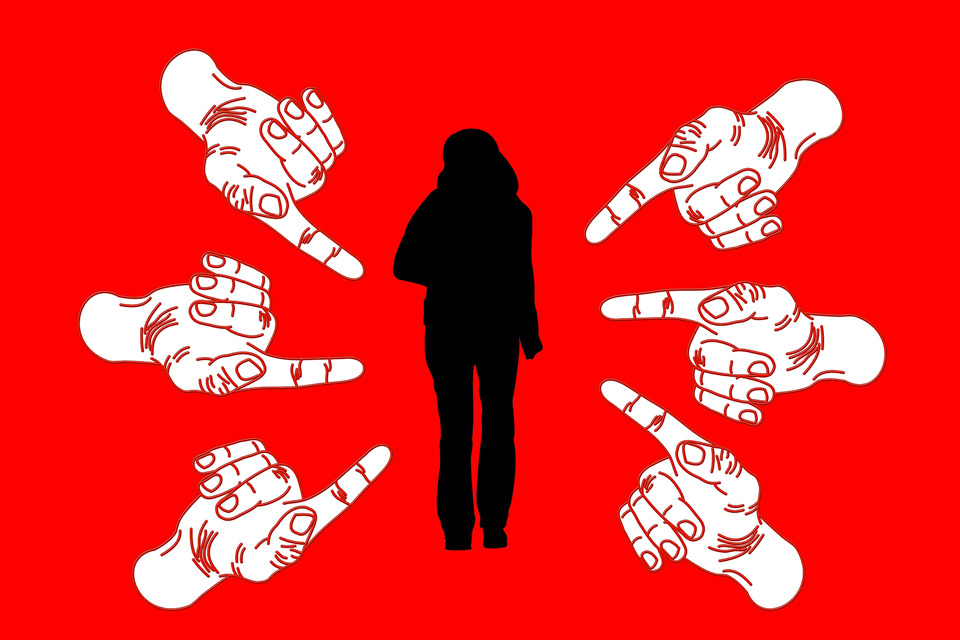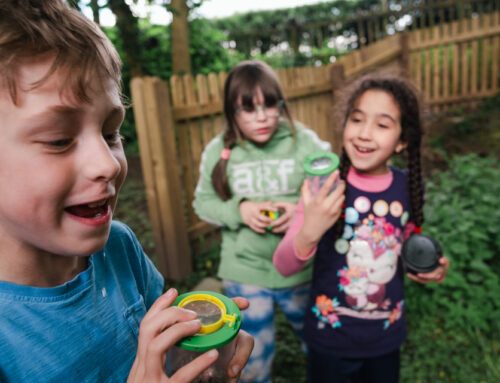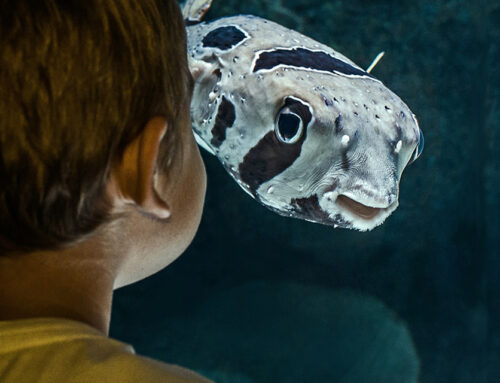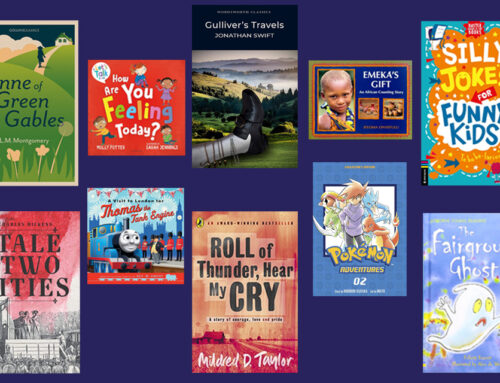Being there for a young person singled out due to their ability
What is Bullying?
“Bullying is the repetitive, intentional hurting of one person or group by another person or group, where the relationship involves an imbalance of power. It can happen face-to-face or online”. (Anti-Bullying Alliance)
Bullies target a ‘difference’. This may be rooted in established areas of wrongful discrimination, for example, disability, gender, race or sexuality. Or a bully may pick on a more personal aspect of being ‘different’ such as looks, a family situation – or having high learning potential.
Bullying comes in many different forms, including verbal, physical, emotional and cyberbullying. Examples of these include: name-calling, belittling, spreading rumours, intimidation, threatening gestures, pushing, kicking, inappropriate touching, trickery, indirect actions, stealing property, social exclusion, offensive texting and sharing private photos or information online. One-off incidents can be extremely distressing but are unlikely to be classed as bullying.
High Learning Potential and Being ‘Different’
In some environments, having high learning potential is all it takes to stand out from the crowd and become the target of bullying behaviour. Often this comes down to a simple resentment towards academic successes or other achievements. In other cases, an (unknowing) ability to fire back complex responses to verbal abuse can cause a bully embarrassment and lead them to escalate conflict to ‘keep face’.
In a school environment, able students tend to thrive in lessons, wanting others to behave so that they can concentrate. This may set them apart, as will seeming to be the “teacher’s pet” or being chosen to represent the school.
Outside of school, from young children to young adults, high potential learners are likely to have hobbies that buck the trend. The periodic table, Latin, advanced astronomy or in-depth knowledge of a film genre will set them apart from the norms of a peer group primarily interested in gossip, football or social media trends.
The Effects of Bullying in a High Potential Learner
There are infinite ways in which a victim of bullying might react and the assault on mental (and possibly physical) wellbeing must be robustly supported. However, when dealing specifically with a high learning potential child, strong reactions and high sensitivities to daily life can be common, making the complex challenges of bullying even more intense.
Be vigilant for signs that your child is stifling their abilities or mocking the successes of others. Squashing their strengths, (be they academic, intellectual, sporting or in any other area), is a common ploy to fit in with a peer group, form friendships – and avoid being targeted by bullies.
It may help to learn more about the ‘Underground’ child, one of six gifted and talented student profiles observed by Drs Betts and Neihart. See Supporting the Differing Profiles of Children with High Learning Potential or download the fact sheet PA518 Supporting Underground Profile High Learning Potential Children (free to members).
A different personality will assume that the bully is speaking ‘the truth’. It is common for children with high learning potential to take statements as facts and assume that others have researched an opinion as fully as they would. Thus, victims may well be convinced from the outset that any insults are accurate; it may take a lot of gentle ‘true facts’ from parents and carers to counteract these mistaken beliefs.
Worryingly, a child might also react to abuse by beginning to dislike themselves for being academically advanced. It is important in such cases to celebrate their identity and boost their self-esteem, see
I Believe in Me!
Alternatively, a victim can feel responsible for aggravating the bully and try (obviously fruitlessly) to remedy the situation. This can trigger the stressful perfectionism that often plagues young people of high ability, then sparking a sense of failure, guilt or harmful self-blame. They may internalise this damaging situation and either choose to stay quiet or simply not think to mention it. Either way, they need support.
How Do I Support a Victim of Bullying?
It is crucial to keep reassuring a child victim of bullying that the situation is unacceptable and is not their fault. Reinforce that they are fully supported and encourage them to feel proud of themselves and their achievements.
- Make them aware of safe places to turn to, including mentors, responsible adults and organisations such as Childline (https://www.childline.org.uk/).
- Be one step ahead; already know the signs of bullying and look out for them.
- If bullying behaviour is uncovered, it must be tackled effectively by responsible adults such as level-headed parents, carers, teachers or possibly the police.
- Cyberbullying even reaches into a child’s own home, so show solidarity through family ‘screen free’ times and bonding activities.
- Adjust privacy settings carefully on phone apps and computers (read relevant tips in Apps, Screen Use and Balance for Young People with High Learning Potential ).
- Make use of online resources, books and helplines.
Bullying Support and Information
For extensive expert information, helplines and friendly advice covering all types and aspects of bullying, see:
- United against bullying (anti-bullyingalliance.org.uk)
- Help with Bullying (kidscape.org.uk)
- BulliesOut – Anti-Bullying Training, Awareness and Support
Also see:
- Being Me: Isn’t it Time Someone Heard Your Story? this booklet about bullying and children with high learning potential was produced by Potential Plus UK in conjunction with Kidscape.
- Diana Award. Supporting Your Child if They are Being Bullied.
- Anti-Bullying Alliance. Groups of Young People More Likely to Experience Bullying
- Young Minds. What to do if Your Child is Being Bullied
- Verywell Family. 10 Types of Kids Most Likely to Be Bullied
- Verywell Family. 5 Crucial Steps Toward Healing from Bullying
Related to High Learning Potential
- Verywell Family. Why Gifted Students Are Targeted by Bullies
- https://www.goodtherapy.org/blog/is-your-gifted-child-being-bullied-5-ways-to-help-0806154
- Hoagies’ Gifted. Bullies and Bullying
- Psychology Today. Bullying and the Gifted: Welcome Back to School?
- Oak Crest Academy. 5 Ways Bullying Affects Gifted Students
- HighAbility. Lily Cole and gifted kids being bullied
Specific Situations
- Bullying Statistics. Female Bullying and Girl Bully Facts
- Anti-Bullying Alliance. Home to School Transport
- Kidscape. kidscape-log-and-school-contact-record.pdf
- Kidscape. My Child is Bullying Others
- Anti-Bullying Alliance. Anti-Bullying Week 2020. United Against Bullying Anti-Bullying Week 2021 will take place November 15th-19th 2021.
Books
- S. Cooper. Sticks and Stones: 7 Ways Your Child Can Deal with Teasing, Conflict, and Other Hard Times, (2000)
- S Mcleod Humphrey. Hot Issues, Cool Choices: Facing Bullies, Peer Pressure, Popularity, and Put-Downs, (2007)
- B Coloroso. The Bully, the Bullied, and the Bystander: From Preschool to High School – How Parents and Teachers Can Help Break the Cycle, (2015 Updated Edition)

About the author: Gillie Ithell is a writer and editor for Potential Plus UK with a B.A. degree in Modern Languages & Communication. Having worked internationally as content manager of classic board games and ‘edutainment’ software, Gillie now writes to inspire others like herself; on a daily journey with High Learning Potential.






